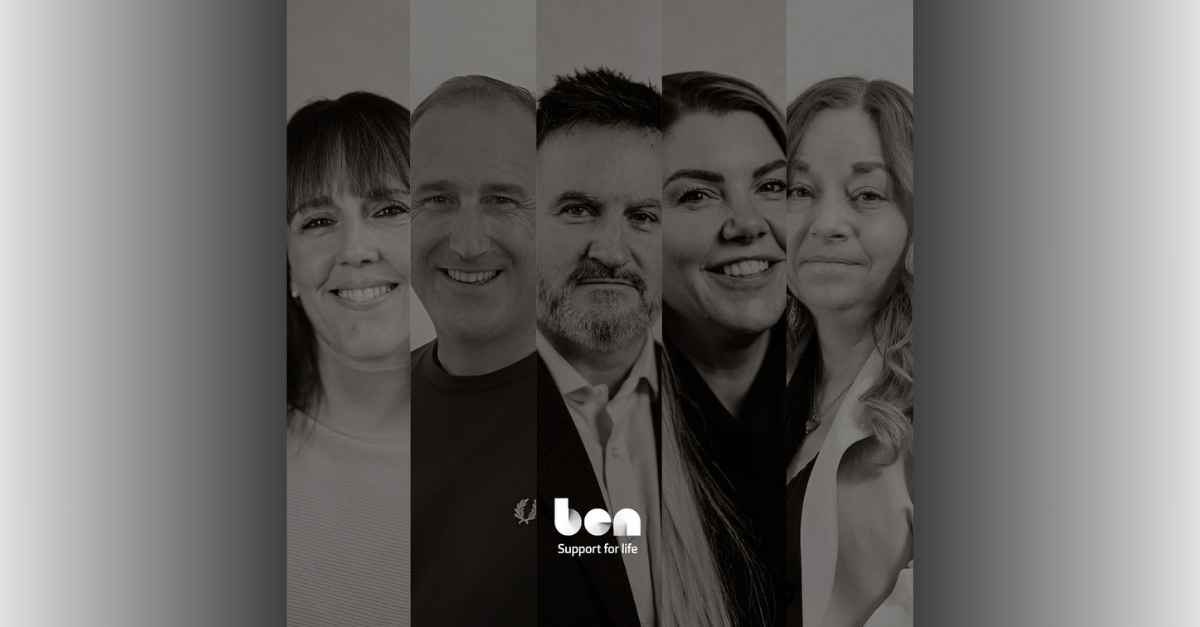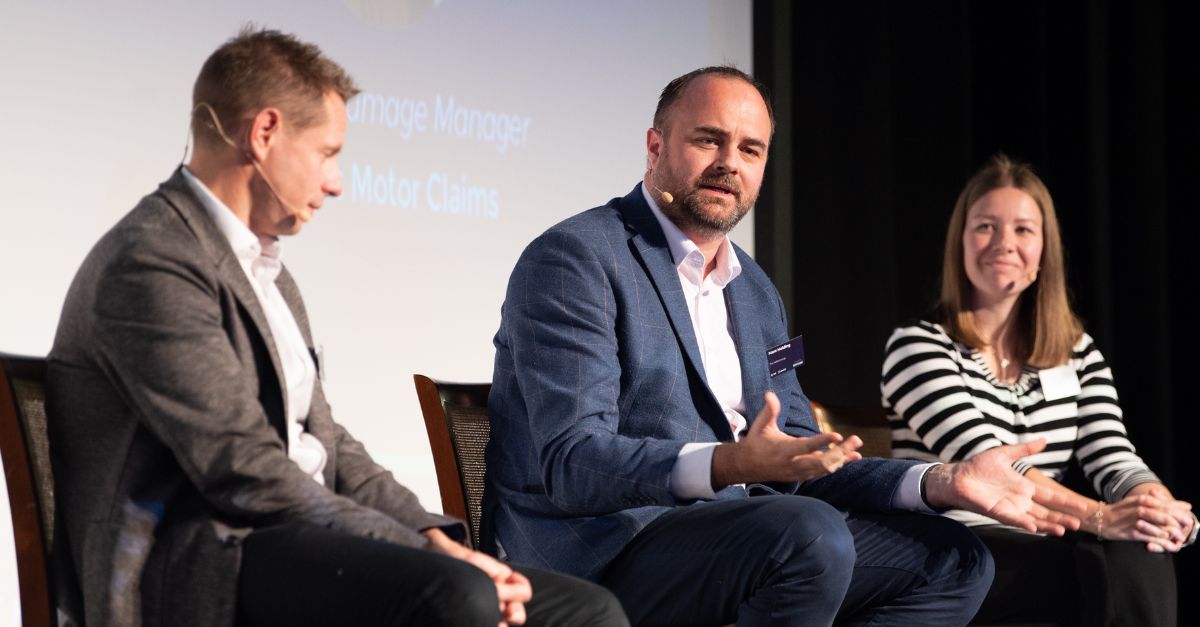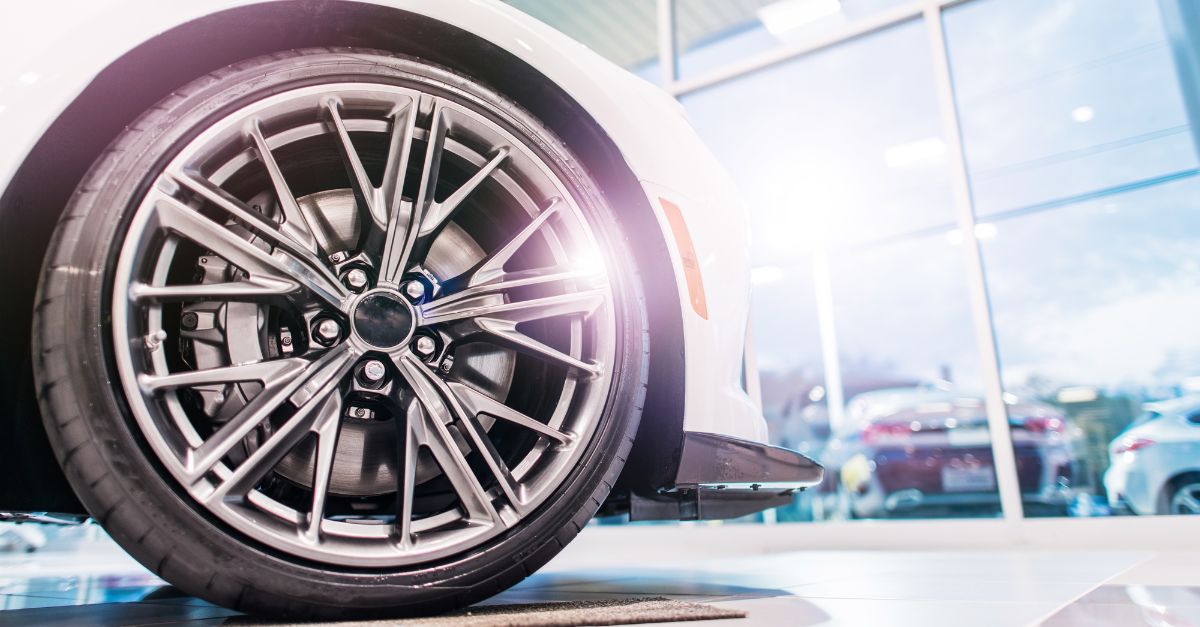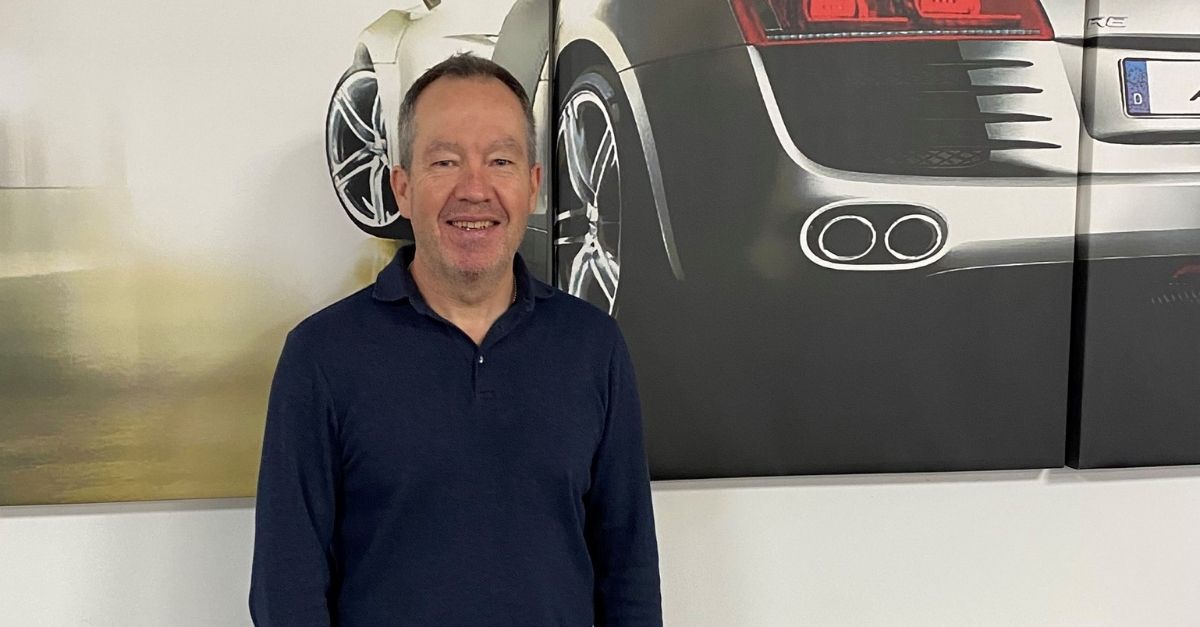ARC360 full agenda revealed
The full agenda for ARC360’s Future Vehicle Technology themed conference has been revealed with shared insights, interactive exhibits and networking opportunity making up the key ingredients.
Taking place on Thursday 27 June 2024 at the Manufacturing Technology Centre (MTC) in Coventry, the ARC360 conference is set to deliver the highest calibre of attendees, contributors and debate in the UK body repair industry event calendar.
ARC360 turns focus on new players
ARC360 hosted its fourth Breakfast Think Tank recently, when attention was turned to the growing impact of new international players entering the UK sector.
After considering skills, electric vehicles and volumes in previous Think Tank sessions, this week the focus was turned on new brands within the domestic market and how they are impacting claims and repairs in terms of parts availability, methods, and insurance.
Bodyshop Briefs
- Gemini Accident Repair Centres has expanded its footprint in the South West with the acquisition of Swindon-based NCR Bodyshops.
- John Grose has announced that Chinese brand OMODA has been added to its supply portfolio, with models available in both petrol and electric.
- Komoo Glasgow has responded to growing customer demand by moving to a new 10,000 sqft site.
- Fix Auto UK has increased its presence in the south of Wales with the appointment of Fix Auto Caldicot to the network.
- Solus is opening three new repair centres in the UK. They will be based in Sheffield, Sunderland and Exeter.
- Steer Automotive Group has announced the strategic acquisitions of Chartwell and M&A Coachworks, adding to its capacity to repair prestige and luxury models.
- Fix Auto UK has reached a new wellbeing milestone with 150 colleagues now qualified Mental Health First Aiders. A further 14 candidates completed the two-day Mental Health First Aid England tutorial as the network aims to have at least two people per centre qualified.
Industry News
Repairify ready for Best of Belron
The Best of Belron competition will take place in Portugal from 12-13 June, when the top technicians from around the organisation will compete for the title.
Meanwhile, Repairify will underscore its status as a key partner with a scaled-up stand where colleagues will demonstrate the company’s portfolio of remote services.
Markerstudy meets sustainability challenge
Markerstudy Group has released its 2023 Sustainability Report, which highlights the organisation’s continued shift to electric mobility and its focus on developing a sustainable supply chain through the launch of its Supply Chain Charter.
Repairers gather for LV= insights
LV= network repairers met at LKQ Bodyshop Division in Tamworth recently to share industry insights and gain a deeper understanding of the Allianz Insurance multi-brand strategy.
ARC360 attended the day and will publish a full report shortly.
Car and CV sales both up in May
New car registrations grew by 1.7% to 147,678 units in May, according to figures from the Society of Motor Manufacturers and Traders.
Meanwhile, sales of new light commercial vehicles rose by 19.9% in the month, with 25,853 units sold.
IMI unveils new automotive ‘wish-list’
The Institute of the Motor Industry has published an industry ‘wish-list’ for the next government which calls on urgent action around four key areas: vacancy rates, skills, education, and new technologies.
Spotlight shines on EDI
The IMI will deliver free Equity, Diversity and Inclusion webinars to members. Delivered by independent experts, the sessions include Active Bystander (19 June), Trans and Non-Binary Inclusion (9 July), and Tackling Ableism (13 August).
Charity match nears £20k
The Plunkys Allstars charity match has now raised more than £17,000 on its way to a target total of £25,000.
Taking place on 28 June at the Football Development Centre in Norwich, the game is being played to raise funds for Norfolk and Waveney MIND, East Anglian Air Ambulance and the Fire Fighters Charity.
WorldSkills UK venues announces
WorldSkills UK has announced that this year’s national finals will take place from 20-21 November across a range of venues in Greater Manchester.
Venues include Bolton College, Manchester College – City Campus, Manchester University, Oldham College, Rochdale Training, Tameside College, Trafford College, and Wigan and Leigh – Pagefield Campus.
Five stars
Automotive expert James Scoltock has identified the five key technologies he expects to revolutionise automotive.
These include sustainable plastics replacing petroleum-derived plastics, AI, lidar-integrated headlights, connectivity, and Nvidia-developed in-vehicle solutions.
Key components absent from ‘Covid cars’
The Vehicle Remarketing Association has revealed that cars made during the pandemic, when there were substantial supply issues, are now entering the used car market with irregular specifications.
It says items such as heated seats, head-up displays, electric door mirrors, and electric seats are missing, causing issues around valuations.
VM News
JLR launches new Sustainability Challenge
JLR has unveiled its first Sustainability Innovation Challenge, which will see the brand collaborate with start-ups and innovators on new technologies for the luxury mobility sector.
Fourth generation BMW 1 Series unveiled
The fourth generation BMW 1 Series is now available. Standard features include front collision warning, lane departure warning, exit warning, traffic sign recognition, and parking assistant with reversing assistant.
Optional features include steering and lane control assist, automatic speed limit assist and route guidance.
Hyundai unveils new Bayon specs
Hyundai Motor UK has announced pricing and specification for the new Bayon, which comes with a range of safety features such as driver, front passenger, side and curtain airbags, lane follow assist, lane keep assist, forward collision avoidance assist, intelligent speed limit assist and rear-view camera and parking sensors.
SEAT sets new sustainability standard
SEAT has reported the best sustainability results in its history in 2023, with improved production processes helping to cut its environmental impact by 53% since 2010.
ADAS cuts collisions by half
New research from Volkswagen Commercial Vehicles has found that 45% of UK van drivers said ADAS technology had prevented at least one accident in the last year.
Van repairs have risen to an average of £534, with parking (27%) and reversing (18%) the most common causes of incidents.
People
- Sarah Eaton has been appointed Head of Automotive Retail Sales at AX.
- National Windscreens has promoted Mark MacKenzie to UK Regional Sales Manager.
- Indasa Abrasives has appointed Faye Tindall as Brand & Communications Executive.
- Christine Grosse Lembeck has been appointed to lead BASF’s global Battery Recycling business.
- Volkswagen Passenger Cars has named Martin Sander as new board member for Sales, Marketing and Aftersales.
- Hyundai Motor Company has announced the appointment of Eduardo Ramírez as the new Chief Designer of Hyundai Design Europe.
- Lesley Woolley is retiring as Chief Operating Officer of the IMI. She has been a key figure in the industry for more than 30 years.



























